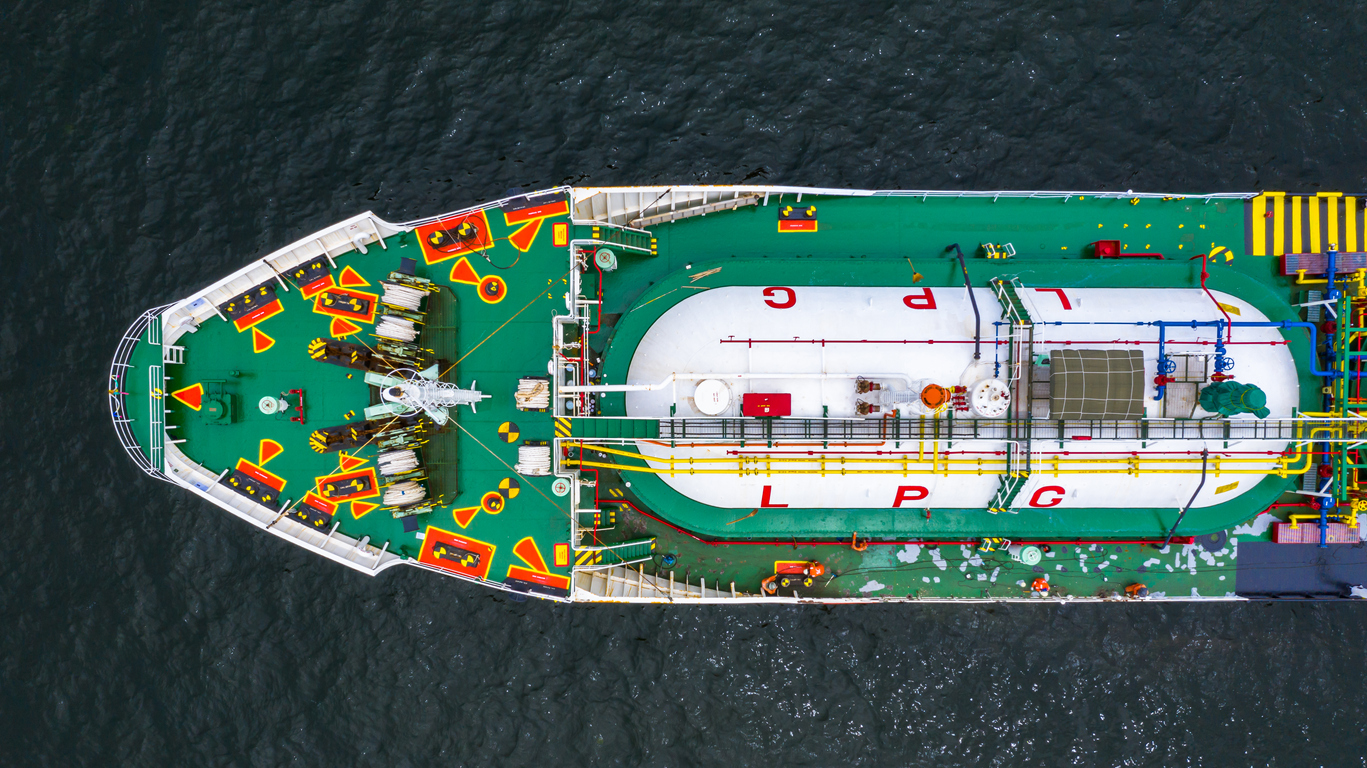Natural Gas Ships in Nigeria: Powering Energy Exports and Economic Growth
Natural gas ships, also known as LNG carriers, play a crucial role in Nigeria’s thriving energy sector. As one of the top producers of Liquefied Natural Gas (LNG) globally, Nigeria relies on these specialized vessels to transport natural gas from its production facilities to international markets efficiently and safely.
In this article, we explore the importance of natural gas ships in Nigeria, their operations, and how Wigmore Trading supports businesses in the energy supply chain.
What Are Natural Gas Ships?
Natural gas ships are specialized vessels designed to transport liquefied natural gas (LNG) at cryogenic temperatures (-162°C) to maintain its liquid state. These ships are equipped with insulated tanks, advanced safety systems, and highly efficient propulsion technologies to handle the complexities of LNG transport.
Nigeria’s Natural Gas Industry: An Overview
Nigeria is home to some of the largest natural gas reserves in the world, estimated at over 200 trillion cubic feet. The country’s LNG exports are predominantly managed by Nigeria LNG Limited (NLNG), which operates a world-class liquefaction plant on Bonny Island.
Key Export Markets
- Europe
- Asia
- North America
Major Export Terminals
- NLNG Terminal, Bonny Island: The primary hub for Nigeria’s LNG exports.
- Proposed Brass LNG and OK LNG Projects: Potential future facilities to expand export capacity.
The Role of Natural Gas Ships in Nigeria
1. Energy Exports
Natural gas ships transport the majority of Nigeria’s LNG to global markets, contributing significantly to the country’s GDP and foreign exchange earnings.
2. Environmental Benefits
By enabling the export of cleaner-burning LNG, these ships help reduce global reliance on coal and oil, contributing to a greener energy mix.
3. Intercontinental Reach
These vessels connect Nigeria’s natural gas industry to distant markets, solidifying its role as a key player in global energy supply.
4. Support for Domestic Gas Utilization
Natural gas ships are increasingly being used for intercoastal and regional gas transport, supporting Nigeria’s domestic gas policies and industrial growth.
Features of Modern Natural Gas Ships
1. Cryogenic Storage Tanks
Specialized tanks, such as Moss-type or membrane-type tanks, maintain LNG at extremely low temperatures.
2. Safety Systems
Equipped with double hulls, pressure relief valves, and gas detection systems to ensure safe transport.
3. Dual-Fuel Propulsion
Ships often use LNG as fuel, reducing emissions and improving fuel efficiency.
4. High Capacity
The largest LNG carriers can transport up to 266,000 cubic meters of LNG in a single voyage.
Challenges for Natural Gas Ships in Nigeria
1. Piracy in the Gulf of Guinea
The region remains a hotspot for maritime piracy, posing security risks to LNG carriers.
2. Port Congestion
Delays at Nigerian ports can affect the efficiency of LNG loading and unloading operations.
3. Infrastructure Limitations
Expanding LNG export capacity requires investments in port infrastructure and terminal upgrades.
4. Skilled Workforce Shortage
The operation of natural gas ships demands highly trained personnel, which can be limited in the region.
How Wigmore Trading Supports Natural Gas Shipping in Nigeria
At Wigmore Trading, we provide tailored solutions to streamline natural gas shipping operations in Nigeria.
Our Services Include:
- LNG Carrier Chartering
Access a fleet of modern natural gas ships for both domestic and international transport. - Port and Terminal Coordination
Seamless operations at Bonny Island and other LNG facilities. - Security Solutions
Enhanced measures to protect LNG carriers from piracy and other risks in the Gulf of Guinea. - Regulatory Compliance
Expert guidance on meeting NIMASA and IMO regulations for LNG transport. - Integrated Logistics
From production facilities to destination markets, we manage every step of the LNG supply chain.
The Future of Natural Gas Shipping in Nigeria
1. Increased Export Volumes
The NLNG Train 7 project and other upcoming initiatives will boost Nigeria’s LNG production and shipping capacity.
2. Regional LNG Distribution
As Nigeria promotes gas-powered industrialization, natural gas ships may be used to supply LNG to neighboring West African nations.
3. Greener Shipping Technologies
The adoption of LNG-powered vessels and hybrid propulsion systems will reduce emissions in the shipping sector.
Conclusion
Natural gas ships are indispensable for Nigeria’s energy exports and its role in global trade. By investing in modern LNG infrastructure, enhancing security, and working with reliable logistics providers like Wigmore Trading, Nigeria can continue to lead in the global LNG market.
Need expert support for natural gas shipping in Nigeria? Contact Wigmore Trading today for comprehensive logistics and shipping solutions tailored to your needs!








Comments are closed.